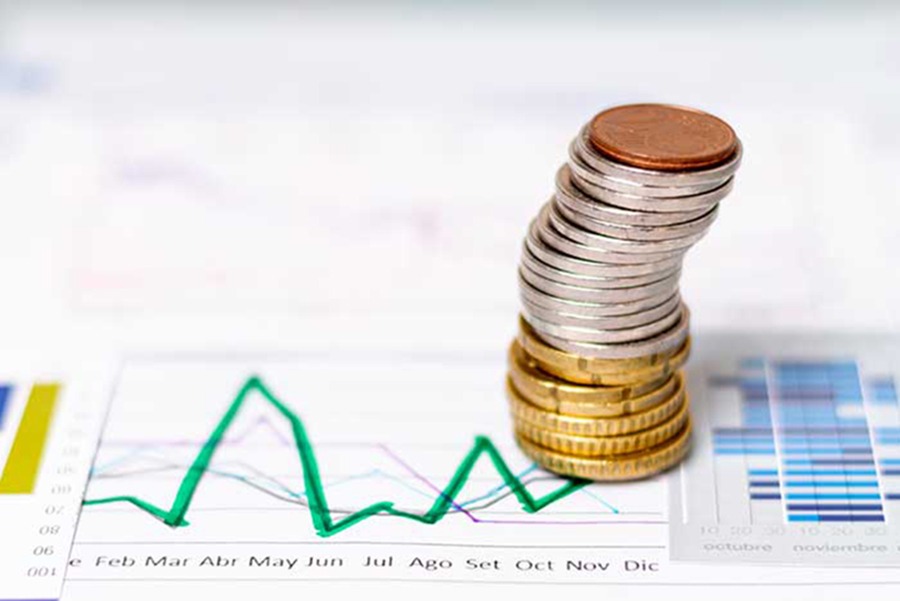
Published :
Updated :

The economy, now on a roller coaster ride, is like a tumour, which, if ignored or left untreated, might turn cancerous and deadly. Similarly, the vexing issues of money laundering, default bank loan and macro-economic mismanagement which became a culture over the years have meanwhile taken ominous proportions. Sadly, all the alarm bells and the calls to fix those growing economic ills went unheeded. Now we face the rude awakening of what happens when we don't pay adequate attention to economic risk factors. The inherent weakness of our economy was exposed by the external shocks of Covid-19 pandemic and Russia-Ukraine war. Since then a myriad of macroeconomic instabilities have manifested in the form of prolonged high inflation, high exchange rate volatility, fast-depleting foreign reserves unprecedented liquidity crisis in banks, high volume of capital flight, low tax revenue generation and so on. There is no denying that external shocks have greatly contributed to landing us in this financial crisis. But had the foundation of our economy been strong, it could absorb the external shocks better.
Against this backdrop, a reputed economist during his interactions with the members of the Economic Reporters' Forum (ERF) recently has concluded that the piecemeal steps taken by the government will not work. Instead, he prescribed 'shock therapy' to bring the economy back to good health with three urgent reform measures, which he said could be painful in the short term but would pay off eventually. The first reform measure he recommends is the implementation of the new bank company and income tax laws to restore good governance in the banking sector as well as increase tax revenue earnings. The strict implementation of these two laws might put some people under tremendous financial pressure, but the nation will benefit from it. It is, therefore, essential that the government demonstrate a strong political will to implement the measures.
That the country's banking sector is hostage to politically powerful quarters is no secret. As a result, an increasing number of banks are not only grappling with non-performing loans (NPLs), but also facing severe liquidity crisis. To overcome this situation, economists are advocating for banking sector reforms that would ensure independence of the central bank. Additionally, the proposal of facilitating mergers and acquisitions (M&A) in the banking sector deserves attention. The idea is to create an exit policy for non-viable banks through measures like merger, acquisition, restructuring and liquidation. Some of the new generation banks, which were set up with ulterior motives and given licenses under political consideration, have clearly exacerbated the situation. It provides a lesson for policymakers about the consequence of facilitating the creation of bad banks under political patronage.
The other two reform measures listed on the economist's prescription are adopting market-based dollar rates and withdrawing caps from bank interest rates for deposits and lending. The measures proposed by our economists are also in sync with the reforms IMF wants to see in our economic system as part of its 4.7 billion loan. The policymakers would do well to kick-start the reforms to restore macroeconomic stability and ensure the structural integrity of key economic sectors. Any delay in implementing the reform measures will only add to our economic woes.


 For all latest news, follow The Financial Express Google News channel.
For all latest news, follow The Financial Express Google News channel.